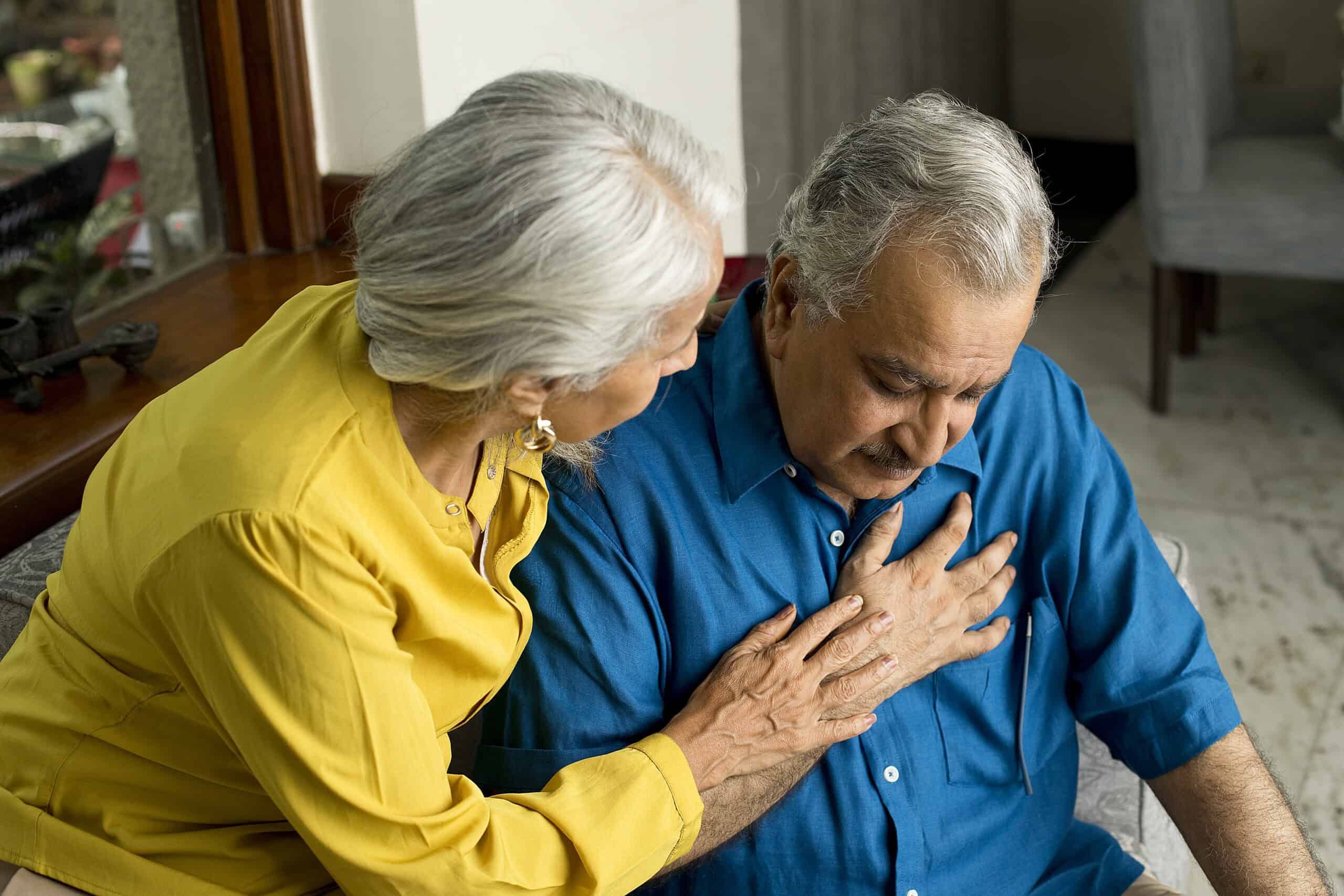Heart and Vascular Care
Want to learn more about this at Kettering Health?
Heart attacks aren’t always the swift and intense events portrayed on TV, so some people may delay calling 911 because they don’t realize what they’re feeling is a heart attack.
The sooner you get emergency help for a heart attack, the better your chances are of recovery. At Kettering Health, we’re prepared to care for you as soon as you arrive. Just make sure you can recognize the symptoms of a heart attack and seek care as soon as you do.
Don’t hesitate
Taking a trip to the ER instead of spending time googling your symptoms is the best thing you can do, according to Dr. Raja Nazir, director of Heart and Vascular at Kettering Health.
“It’s good to learn about these things, but if you are having symptoms, you should call 911 right away,” Dr. Nazir says.
During a heart attack, you begin to lose heart muscle as time goes on. So, the sooner you get to an emergency room, the better chance you’ll leave with little to no heart damage.
The mortality rate of heart attack sufferers has decreased from 30% to 5%, but you must get to the hospital to take advantage of those good odds.
Know the signs
It’s true that sometimes heart attacks just feel like severe chest pain.
“It’s a sudden onset of severe pressure and heaviness in the chest, which is associated with breathing difficulty and a sense that something bad is going to happen,” Dr. Nazir says.
The shortness of breath feeling is often distinctive, like a choking sensation beyond just not being able to catch your breath.
These typical, textbook-style symptoms are most common in males. In females and people with diabetes, symptoms can look much different.
“Females tend to have a milder version of pain, and it may only be in their back,” Dr. Nazir says.
Women may also experience a heaviness in both arms, difficulty breathing, and sudden onset of neck and jaw discomfort. Jaw pain, especially with shortness of breath, is a symptom often specific to heart problems.
People with diabetes, men or women, may not feel chest pain at all. Instead, a sudden onset of sweating with a sense of doom may ensue.
“Anyone who is diabetic and wakes up with profuse sweating and an uneasy feeling should consider it a heart symptom,” Dr. Nazir says.
Be prepared
If you suspect you might be having a heart attack, don’t second-guess yourself. Call 911 or visit your nearest emergency room.
Find a Kettering Health emergency center near you by viewing our emergency locations.










